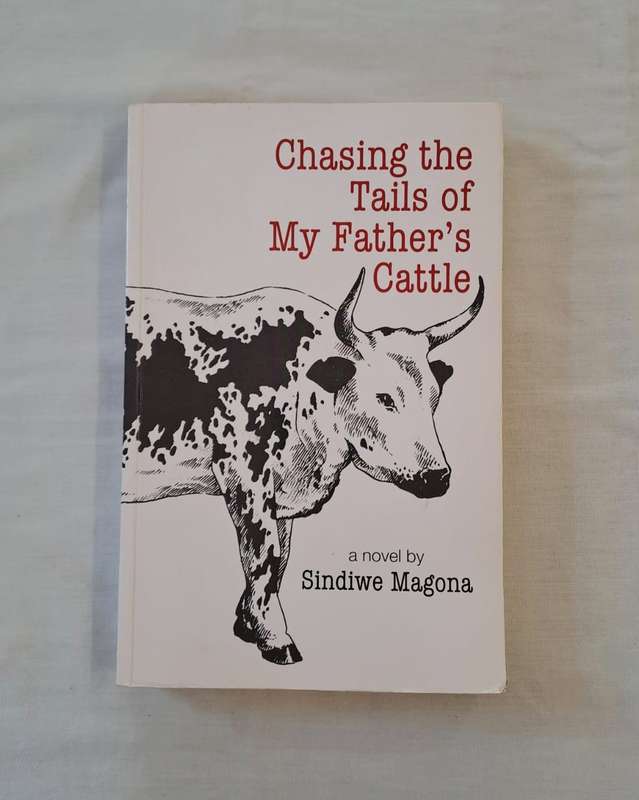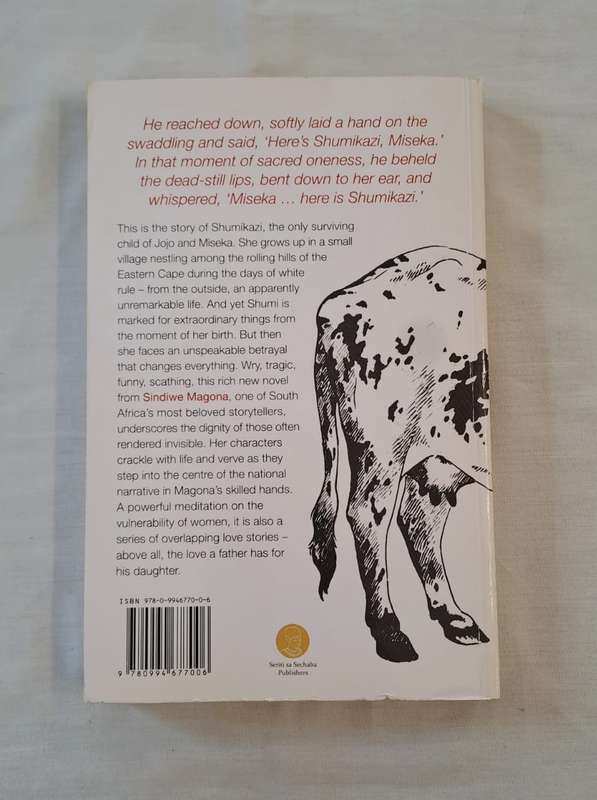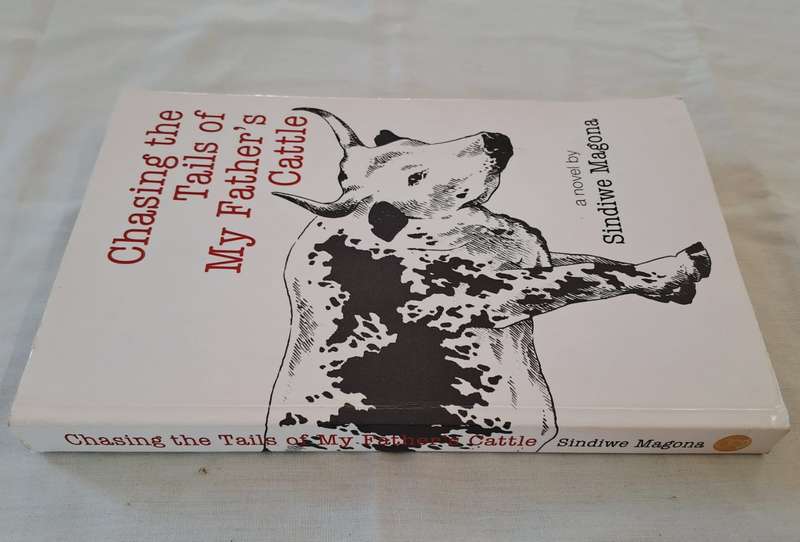







Chasing the Trail of my Fathers Cattle. - Sindiwe Magona (Softcover)
1 available / secondhand
Shipping
R65.00 Standard shipping applies to orders under R100.00, in most areas in South Africa. R35.00 Standard shipping applies to orders over R100.00. Some areas may attract a surcharge surcharge. This will be calculated at checkout if applicable.
Check my rate
Check my rate
R35.00 pickup point shipping applies to orders under R100.00, in most areas in South Africa. R5.00 pickup point shipping applies to orders over R100.00. There are various locker and counter collection points across South Africa.
View locations
View locations
The seller has indicated that they will usually have this item
ready to ship within 3 business days.
Shipping time depends on your delivery address.
The most accurate delivery time will be calculated at checkout,
but in general, the following shipping times apply:
Standard Delivery
| Main centres: | 1-3 business days |
| Regional areas: | 3-4 business days |
| Remote areas: | 3-5 business days |
Seller
Get it now, pay later



